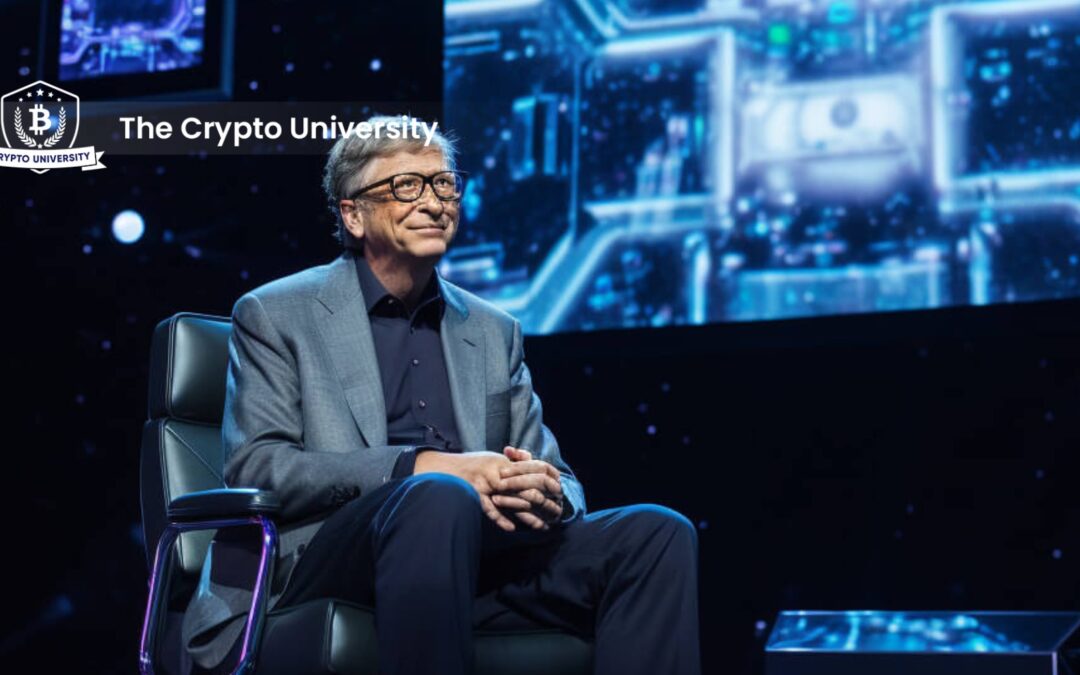Contents
1. Harnessing AI for global benefit
2. Adapting AI systems to human requirements
3. Timelines for the introduction of AI
4. AI as a Copilot
Microsoft co-founder Bill Gates voiced confidence in artificial intelligence’s (AI) ability to create a “more equitable place” in the world in his most recent forecasts for 2024. The well-known investor and businessman Bill Gates thinks that AI may significantly narrow or perhaps close the accessibility gap to innovation between wealthy and less wealthy areas through judicious investments.
- Bill Gates is upbeat about artificial intelligence’s potential to improve global justice.
- It is believed that making strategic investments in AI will be essential to closing the innovation accessibility gap between wealthy and less wealthy areas.
- In addition to highlighting the need to customize AI solutions to meet individual user demands, Gates predicts that high-income nations will adopt AI significantly in the next 18 to 24 months.
Harnessing AI for global benefit
Asserting that wise investments in AI technology may drastically reduce the time it takes for breakthroughs to reach both the “rich world” and the “poor world,” Gates stressed the significance of making such decisions. In the field of global health, where customized AI solutions can meet the unique requirements and difficulties encountered by varied communities, he views AI as a driver for good change.
Adapting AI systems to human requirements
Gates emphasized the need for customizing AI solutions for end users, using lessons from applications in global health. He emphasized the need for customization to make AI technology applicable and useful in various settings. According to Gates, this user-centric strategy is essential for optimizing the advantages of AI and guaranteeing its widespread adoption.
Timelines for the introduction of AI
Gates offered insights into his predictions regarding adopting AI in different regions. He estimated that high-income countries, like the United States, could witness significant levels of AI use by the general population within 18–24 months. In contrast, he anticipates a comparable level of use in African countries in approximately three years. Despite the existing time gap, Gates views these timelines as relatively shorter than those observed with previous technological innovations.
AI as a Copilot
While acknowledging the infancy of AI research, Gates emphasized the technology’s developing role, referring to it as a “copilot.” He underlined that AI has proven to be capable of carrying out specific activities on its own and foresaw a steady trend toward its integration into more facets of everyday life. Gates did, however, recognize the difficulties that lay ahead, such as building backend access with long-term usefulness and growing projects without sacrificing quality.
After a year of reflection, Bill Gates reaffirmed his belief that the “Age of AI” has begun, drawing comparisons between the revolutionary impact of technology and that of mobile phones and the internet. The emergence of generative AI has disrupted many industries worldwide, from developing AI-based newsrooms to predictive weather forecasting in India. While he is still optimistic about AI’s potential to transform, he also acknowledges that there are still issues and complexities that need to be resolved.
